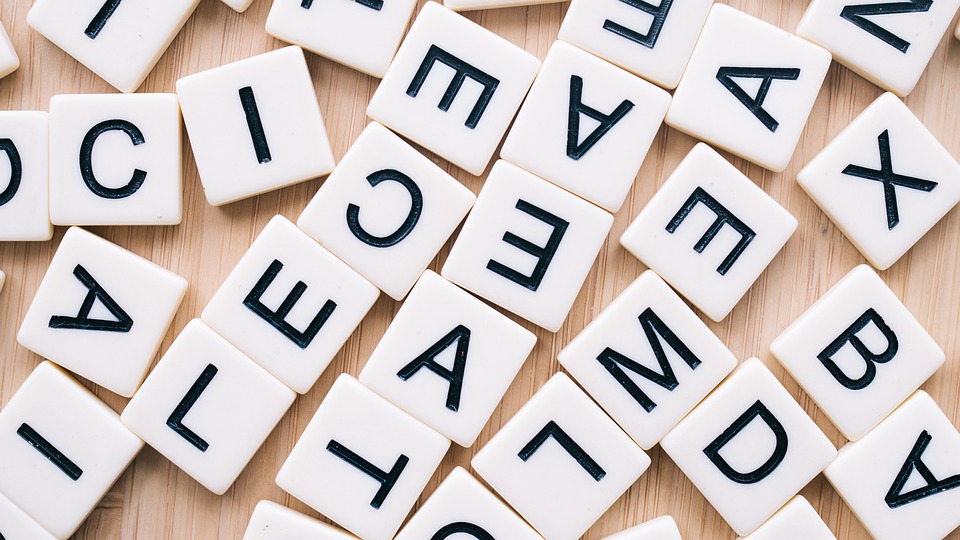Wordle, the latest pandemic craze, is a free game that gives users six attempts a day to guess a unique five letter word, with a new word available every day. The clever word game has had a meteoric rise since it’s creation in October 2021. From around 90 users on November 1 to millions of daily players throughout January 2021, culminating in a seven figure purchase by the New York Times [1].
Though it doesn’t explicitly market itself as a “brain training” game, many users treat the app as a daily mental exercise. Similar brain training apps such as Lumosity, Peak, and Elevate have also seen incredible growth over the past decade, with consumers spending an estimated $1.9 billion on brain training games in 2018- a fourfold increase from $475 million in 2012 [2]. With an aging population, the allure is that these daily mental exercises could help stave off cognitive decline, memory loss, and dementia. Despite the rising interest in cognitive training, evidence of its benefits is still a mixed bag.
Some studies have shown that these games can improve executive functions such as working memory and processing speed [3]. Additional studies have gone on to suggest that improvements in these two realms can help lower the 10 year risk of dementia by as much as 27% in the elderly compared to their peers who do not participate in speed of processing training [4]. The theory behind these studies is the idea of neuroplasticity, the notion that your brain will change and develop new neuronal connections based on your mental efforts. And there is evidence to suggest that this occurs. In studies of competitive Scrabble players, researchers have found that they are able to recognize words faster than those who do not routinely play, especially in the vertical orientation. Event-related and resting-state fMRIs suggests that they are able to do this as their brain has been rewired to strengthen connections in the area that focuses on visual memory and perception [5].
However, these same researchers observed that these benefits don’t exist beyond the realm of Scrabble. When having Scrabble experts engage in a similar game that swapped symbols for letters, their processing speed and accuracy was not improved compared to a matched group of non-Scrabble experts [6]. This observation more closely aligns with the views and evidence of the rest of the scientific community. In 2014 the Stanford Center on Longevity and the Berlin Max Planck Institute for Human Development gathered many of the world’s leading cognitive psychologists and neuroscientists and put out a consensus statement sharing their views about brain games and cognitive training [7]:
“We object to the claim that brain games offer consumers a scientifically grounded avenue to reduce or reverse cognitive decline when there is no compelling scientific evidence to date that they do.”
This doesn’t mean that “brain training” games like Wordle are useless, though. It simply means that they are not a magic bullet to reverse cognitive decline. If augmented with behaviors known to maintain cognitive function- such as exercising and sustaining social contacts- these games could provide valuable function. The recommendation of the Stanford Institute is that to maintain cognitive function, individuals lead physically active, intellectually challenging, and socially engaged lives, in ways that work for them. If these games replace an hour of sedentary activity, they are overall beneficial to your health. This could mean going for a walk while you complete your daily Wordle (or your brain training game of choice) and sharing the results, high scores, and strategy with a group of friends.
References
- Tracy, M., 2022. The New York Times Buys Wordle. [online] Nytimes.com. Available at: <https://www.nytimes.com/2022/01/31/business/media/new-york-times-wordle.html> [Accessed 7 February 2022].
- SharpBrains. 2019. Trend: Consumers spend significantly more on digital brain health and neurotechnology apps – SharpBrains. [online] Available at: <https://sharpbrains.com/blog/2019/05/24/trend-consumers-spend-significantly-more-on-digital-brain-health-and-neurotechnology-apps/> [Accessed 7 February 2022].
- Nouchi R, Taki Y, Takeuchi H, Hashizume H, Nozawa T, Kambara T, et al. (2013) Brain Training Game Boosts Executive Functions, Working Memory and Processing Speed in the Young Adults: A Randomized Controlled Trial. PLoS ONE 8(2): e55518. https://doi.org/10.1371/journal.pone.0055518
- Edwards, J., Xu, H., Clark, D., Guey, L., Ross, L. and Unverzagt, F., 2017. Speed of processing training results in lower risk of dementia. Alzheimer’s & Dementia: Translational Research & Clinical Interventions, 3(4), pp.603-611.
- Protzner, A., Hargreaves, I., Campbell, J., Myers-Stewart, K., van Hees, S., Goodyear, B., Sargious, P. and Pexman, P., 2016. This is your brain on Scrabble: Neural correlates of visual word recognition in competitive Scrabble players as measured during task and resting-state. Cortex, 75, pp.204-219.
- van Hees, S., Pexman, P., Hargreaves, I., Zdrazilova, L., Hart, J., Myers-Stewart, K., Cortese, F. and Protzner, A., 2016. Testing the Limits of Skill Transfer for Scrabble Experts in Behavior and Brain. Frontiers in Human Neuroscience, 10.
- A Consensus on the Brain Training Industry from the Scientific Community,” Max Planck Institute for Human Development and Stanford Center on Longevity, https://longevity.stanford.edu/a-consensus-on-the-brain-training-industry-from-the-scientific-community-2/
Arjun Johal is a member of The University of Arizona College of Medicine – Phoenix Class of 2023. He graduated from the University of California at Santa Barbara in 2016 with a major in Biochemistry and a minor in English. In his free time he enjoys anything that gets him moving, whether it be a bicycle, a surfboard, or anything in between. He also welcomes discussion on topics of all ranges, ideally over a cup of tea. Feel free to contact him at arjunjohal[at]email.arizona.edu


